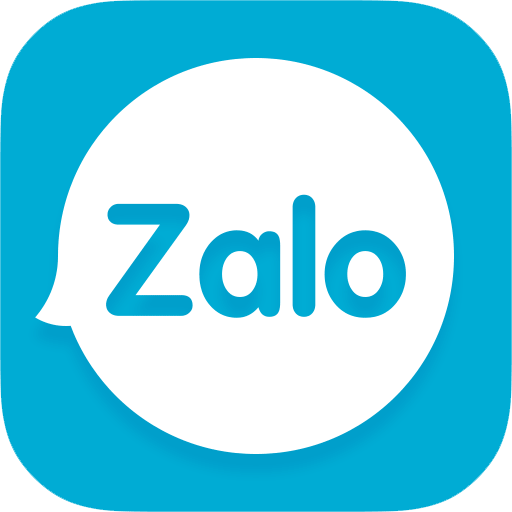Artificial intelligence (AI) has become an increasingly popular topic in recent years, with many industries exploring how AI can be used to improve efficiency and customer service. One area where AI has shown great promise is in the development of chatbots, which are computer programs that can simulate conversation with human users. But can AI truly be applied to chatbots effectively?
AI-powered chatbots are becoming more common in industries such as customer service, healthcare, and e-commerce. These chatbots are designed to engage with users in a natural and personalized way, providing information, answering questions, and even completing transactions. By using AI technologies such as natural language processing, machine learning, and neural networks, these chatbots are able to understand and respond to user input in real-time.
One of the key benefits of using AI in chatbots is the ability to provide more personalized and efficient customer service. AI-powered chatbots can analyze user data and preferences to tailor their responses and recommendations to individual users. This level of personalization can help improve user satisfaction and increase sales conversions.
Another advantage of AI-powered chatbots is their ability to handle a large volume of inquiries simultaneously. Unlike human customer service agents who may be limited by the number of inquiries they can handle at once, AI-powered chatbots can scale to meet the demands of thousands of users at the same time. This makes them a cost-effective solution for businesses looking to improve customer service without significantly increasing their staffing costs.
However, there are also challenges and limitations to using AI in chatbots. One common issue is the potential for AI-powered chatbots to misinterpret or provide inaccurate information to users. This can lead to frustrated customers and damage to a company's reputation. To address this challenge, businesses must invest in ongoing training and monitoring of their AI chatbots to ensure they are providing accurate and reliable information.
Another challenge is the potential for AI-powered chatbots to be perceived as impersonal or robotic. While AI technologies have advanced significantly in recent years, they still lack the emotional intelligence and intuition of human customer service agents. To overcome this limitation, businesses must design their chatbots to have a conversational and friendly tone, and to provide users with the option to speak with a human agent if needed.
In conclusion, AI can be effectively applied to chatbots to improve customer service and efficiency. By leveraging AI technologies such as natural language processing and machine learning, businesses can create chatbots that provide personalized and timely assistance to users. While there are challenges and limitations to using AI in chatbots, with proper training and monitoring, businesses can take advantage of the benefits that AI offers in this area.
Thông tin liên hệ:
- Địa chỉ: 220/1 Nguyen Trong Tuyen Street, Ward 8, Phu Nhuan Dist., Hochiminh City, Vietnam
- Tel: (0084) 2839977249 - Fax: (0084) 2839977348
- Di động: (0084) 938136444 – Mr. Phong
- Email: info@engma.com.vn
- www.engma.com.vn



